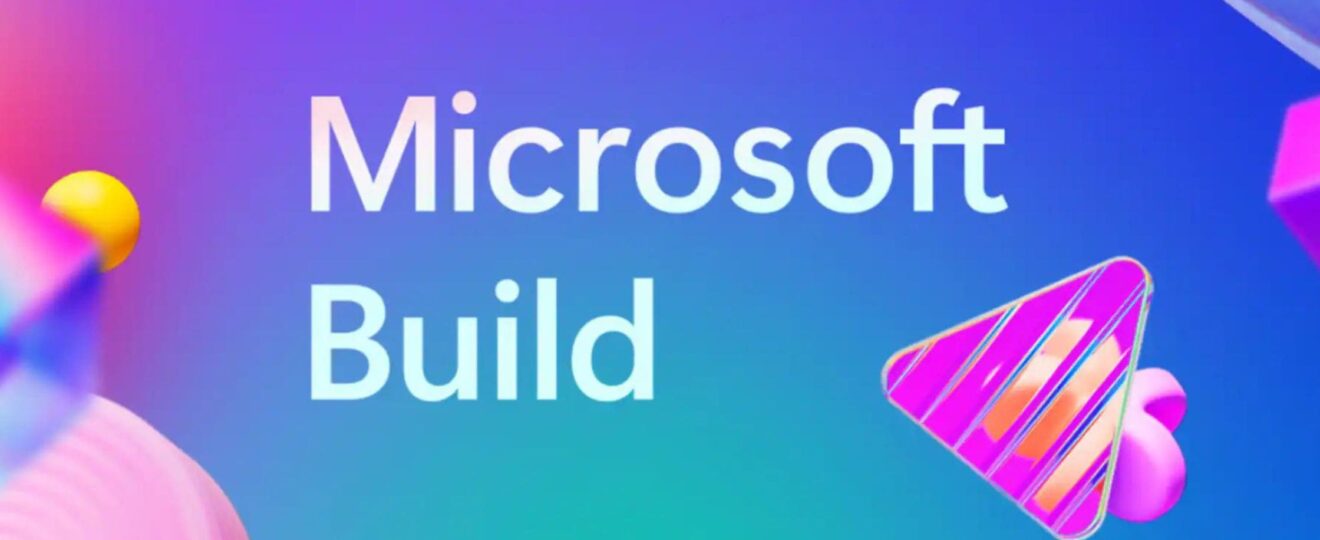Get ready for a glimpse into the future as Microsoft’s Build Developer Conference kicks off on Tuesday.
This event promises to showcase the company’s latest strides in artificial intelligence, particularly in how AI will transform personal computing.
Windows: A Gateway to AI Integration
Microsoft’s ownership of Windows provides a substantial edge in the AI race.
CEO Satya Nadella has declared that 2024 will be the year AI becomes a “first-class part of every PC.”
This vision hinges on Windows, offering Microsoft a unique platform to embed AI deeply into everyday computing.
Already, Microsoft’s Copilot chatbot enhances the Bing search engine and Office productivity software.
At Build, expect to see how AI will be integrated into Windows, revolutionizing the PC experience.
Navigating Competitive Waters
Build follows closely on the heels of Google I/O, where Google unveiled its powerful new AI model, Gemini, and demonstrated its potential across various devices.
Additionally, OpenAI, with significant backing from Microsoft, introduced the GPT-4o model. Microsoft integrates OpenAI’s models into its Copilot technology, ensuring it remains at the forefront of AI innovation.
Microsoft faces the dual challenge of maintaining its AI leadership while reviving the PC market, which has been sluggish post-pandemic.
However, optimism is brewing.
Morgan Stanley analyst Erik Woodring anticipates a PC market recovery, supported by positive customer feedback and increased notebook production.
Gartner’s recent research indicates a 0.9% rise in PC shipments last quarter, a slight but positive shift. Microsoft CFO Amy Hood also noted improved PC demand in the latest earnings call.
New AI tools could provide additional incentives for both businesses and consumers to upgrade their devices, benefiting major manufacturers like HP, Dell, and Lenovo.
Financial Implications of AI Integration
While Copilot for Windows might not directly generate revenue, it is expected to boost Windows usage, customer loyalty, and demand for more advanced PCs.
Analysts from Bernstein highlight that this could increase Microsoft’s revenue per device and enhance search revenue.
To support AI tasks offline, Microsoft will leverage advanced chips from AMD, Intel, and Qualcomm, enabling features like voice-activated Copilot commands even without an internet connection.
Emergence of AI PCs
A key feature of AI PCs is the neural processing unit (NPU), designed to handle AI-specific tasks.
Companies like Apple have long used NPUs to enhance functionalities like photo and video quality and speech recognition.
While Microsoft hasn’t detailed all the capabilities of its AI PCs, we can look to Google’s Pixel 8 Pro, which uses its Gemini Nano AI for summarizing and transcribing recordings, as a reference.
Expect new PCs with Intel’s Lunar Lake chips, featuring dedicated NPUs, by late 2024.
Qualcomm’s Snapdragon X Elite chip will be available mid-year, and AMD’s latest Ryzen Pro is expected this quarter.
These chips promise advancements like real-time language translation, automation inferencing, and enhanced gaming experiences.
Advancements in Windows on Arm
Microsoft will also explore the “Next Generation of Windows on Arm” at Build, focusing on how Windows runs on Qualcomm chips compared to Intel and AMD versions.
Intel currently leads with 78% of the PC chip market, followed by AMD at 13%.
Qualcomm’s Arm-based architecture, known for longer battery life and thinner designs, offers distinct advantages.
However, earlier Snapdragon chips had limitations, which Microsoft is addressing by improving Windows compatibility with traditional apps on Arm hardware.
Expanding AI Capabilities
Beyond PC innovations, Microsoft will host sessions on broader AI applications.
The “AI Everywhere” session will discuss accelerating generative AI models on cloud devices, while the “Azure AI Studio” session will guide developers in creating custom Copilot chatbots.
These initiatives mirror efforts by Google and OpenAI, enabling companies to develop specialized chatbots for various tasks, such as helping employees choose health benefits.
Conclusion
Microsoft’s Build Developer Conference is poised to unveil transformative advancements in AI integration for personal computers and beyond.
By leveraging its extensive Windows user base and strategic AI investments, Microsoft aims to redefine personal computing and solidify its position as a leader in the tech landscape.










